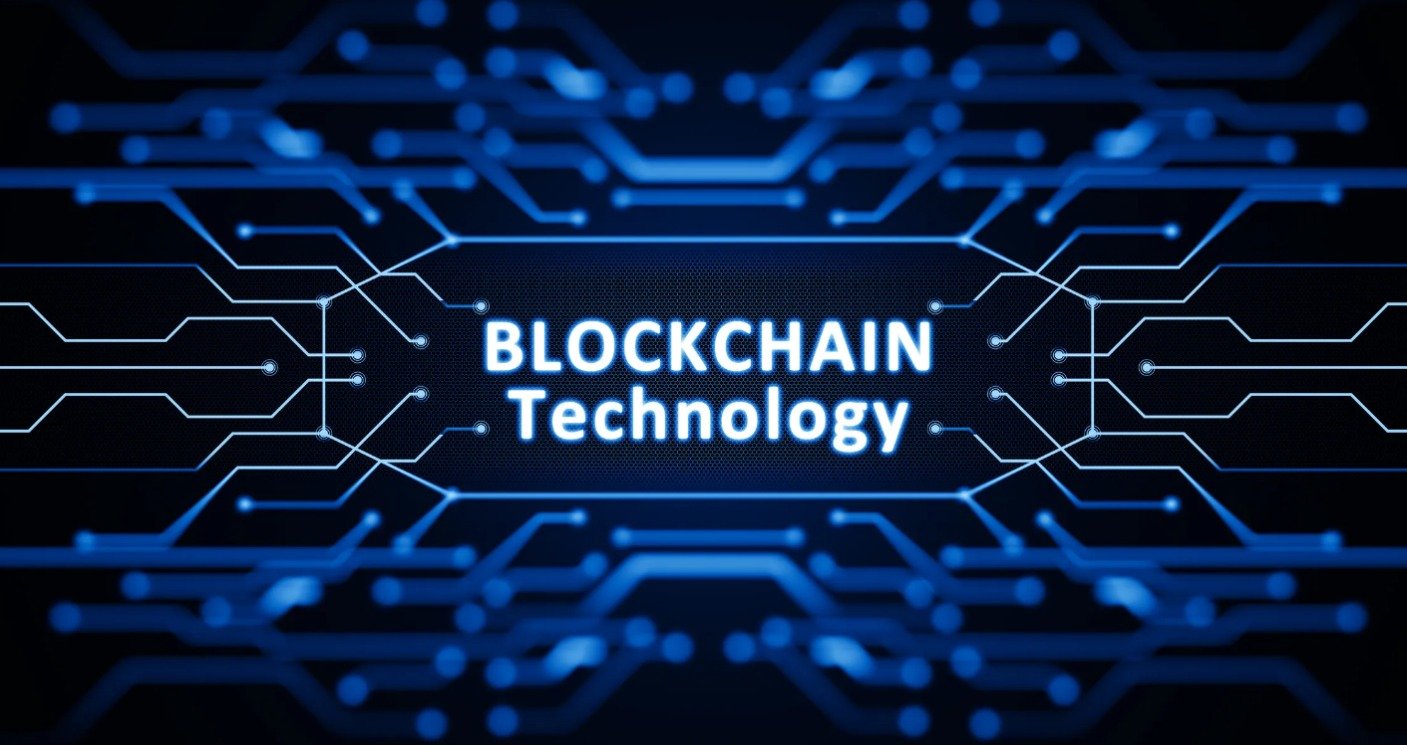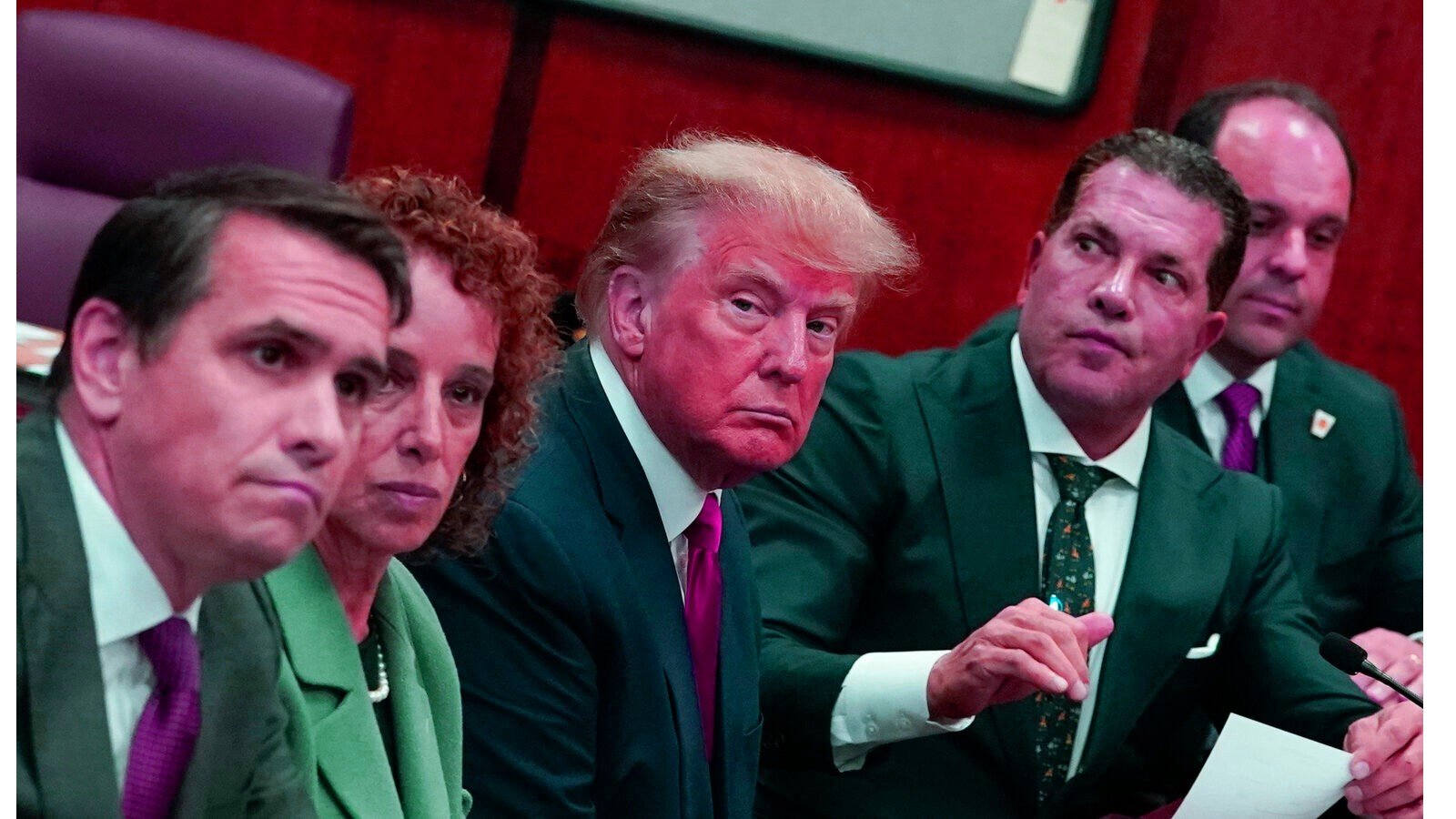Legal Implications of Blockchain Technology

Blockchain technology, once a niche concept, has rapidly evolved into a transformative force across various industries. From finance to healthcare, its decentralized nature has revolutionized how transactions occur. However, with this revolutionary technology come legal implications that demand careful consideration. In this article, we delve into the multifaceted legal landscape surrounding blockchain technology.
Table of Contents
ToggleBlockchain Technology
Blockchain, at its core, is a decentralized and distributed ledger technology. It enables secure, transparent, and tamper-resistant recording of transactions across a network of computers.
Rapid Growth and Adoption
The widespread adoption of blockchain in recent years underscores its potential. From streamlining supply chains to enhancing financial transactions, industries are embracing this technology.
Legal Landscape Concerns
As blockchain grows, so do the legal concerns. Issues related to smart contracts, data privacy, and regulatory compliance have come to the forefront.
Smart Contracts and Legal Validity
Understanding Smart Contracts
Smart contracts are self-executing contracts with the terms written into code. While efficient, their legal validity poses challenges that need addressing.
Challenges in Legal Validation
Courts face the perplexing task of validating contracts coded on the blockchain. We explore the intricacies involved and examine relevant case studies.
Case Studies
Real-world examples of legal disputes arising from smart contracts provide valuable insights into the challenges and potential resolutions.
-
Commercial Litigation: Strategies for SuccessAugust 1, 2024
-
Real Estate Disputes: Legal Resolutions in 2024July 31, 2024
Privacy Concerns and Regulatory Compliance
Blockchain and Data Privacy
The transparent nature of blockchain raises concerns about data privacy. How can individuals maintain control over their data in this decentralized environment?
Compliance with Data Protection Laws
Navigating the intricate web of data protection laws becomes crucial. We explore the regulatory landscape and the challenges organizations face in ensuring compliance.
Regulatory Challenges
Blockchain’s global nature poses challenges for regulators. The article analyzes the difficulties in creating uniform regulations that accommodate diverse legal systems.
Intellectual Property and Blockchain
Digital Assets and Copyright
The rise of digital assets on blockchain platforms brings forth challenges related to copyright infringement. How can creators protect their intellectual property?
Patents and Blockchain Innovations
Blockchain’s potential for innovation raises questions about patenting. We delve into the complexities surrounding patents in the blockchain space.
Challenges in Enforcement
Enforcing intellectual property rights on a decentralized network proves to be a formidable task. We discuss the obstacles faced by legal authorities in enforcing these rights.
Cryptocurrency Regulations
Overview of Cryptocurrencies
Understanding the basics of cryptocurrencies is essential to grasp their legal implications. We provide a comprehensive overview of these digital assets.
Regulatory Approaches Globally
Different jurisdictions adopt varied approaches to regulating cryptocurrencies. We analyze the global regulatory landscape and its impact on the legal status of cryptocurrencies.
Impact on Legal Systems
The incorporation of cryptocurrencies into the financial system has profound effects on existing legal structures. We examine the challenges and opportunities presented by this integration.
Blockchain and Supply Chain Legalities
Transparency and Traceability
Blockchain’s ability to enhance transparency and traceability in supply chains is unparalleled. We explore the legal ramifications of this transformative impact.
Contractual Relationships
Smart contracts in supply chains streamline contractual relationships, but legal challenges persist. We examine the legal complexities surrounding these automated agreements.
Resolving Disputes in Supply Chains
Disputes in supply chains are inevitable. How does blockchain facilitate dispute resolution, and what legal challenges emerge in the process?
Read More: The Legal and Regulatory Landscape of the Cryptocurrency Industry (2023)
Decentralized Autonomous Organizations (DAOs)
Understanding DAOs
Decentralized Autonomous Organizations operate on blockchain, relying on smart contracts for governance. We provide an in-depth understanding of DAOs.
Legal Challenges and Governance
The decentralized nature of DAOs raises governance issues. We analyze legal challenges and potential solutions to ensure proper governance.
Case Studies
Examining real-world instances of DAO-related legal challenges sheds light on the complexities surrounding decentralized governance.
Cross-Border Transactions
Blockchain’s Role in Global Transactions
Blockchain facilitates cross-border transactions, but legal hurdles persist. We explore the impact of blockchain on international trade and finance.
Legal Implications for Cross-Border Operations
The borderless nature of blockchain transactions challenges traditional legal frameworks. We discuss the legal implications for businesses engaged in cross-border operations.
Regulatory Cooperation
International regulatory cooperation becomes paramount. The article explores efforts to create a cohesive legal framework for cross-border blockchain transactions.
Criminal Activities and Blockchain
Money Laundering and Cryptocurrencies
Blockchain’s pseudonymous nature has led to concerns about its use in money laundering activities. We examine how criminals exploit the technology and the challenges faced by law enforcement in tracking illicit transactions.
Regulatory Responses
Governments worldwide are responding to the potential threats posed by blockchain in criminal activities. We analyze the regulatory measures taken to combat money laundering and illicit financing.
Challenges in Prosecution
Blockchain’s anonymity complicates legal proceedings. We explore the difficulties prosecutors encounter when attempting to bring criminals to justice within the decentralized realm.
Future Trends and Legal Adaptation
Evolving Legal Frameworks
As blockchain continues to evolve, so must the legal frameworks surrounding it. We discuss the adaptive measures legal systems are taking to keep pace with technological advancements.
Collaboration between Tech and Legal Sectors
Effective regulation requires collaboration between the tech and legal sectors. We explore how cooperation can foster a more conducive environment for blockchain innovation.
The Role of Governments
Governments play a crucial role in shaping the legal landscape. We delve into the responsibilities of governments in creating an environment that encourages blockchain growth while ensuring legal compliance.
Read More: Buying, Selling, and Disputes Over Property
Conclusion
In conclusion, the legal implications of blockchain technology are intricate and multifaceted, reflecting the transformative nature of this decentralized innovation. As blockchain continues to permeate various industries, legal professionals face a dynamic landscape filled with challenges and opportunities. The issues surrounding smart contracts, data privacy, intellectual property, and regulatory compliance underscore the need for a proactive and adaptive legal framework.
The evolution of blockchain laws is an ongoing process, requiring collaboration between the legal and tech sectors. As we navigate this uncharted territory, it is clear that legal professionals must not only understand the intricacies of blockchain but actively engage in shaping the future legal landscape to ensure its responsible and equitable integration into our globalized society. The journey ahead involves continuous adaptation, cooperation, and a commitment to balancing innovation with legal safeguards.
FAQs
Is blockchain technology completely secure from legal challenges?
Blockchain’s security is robust, but legal challenges arise in areas like smart contracts, data privacy, and regulatory compliance.
How do governments approach the regulation of cryptocurrencies globally?
Governments worldwide adopt varied approaches, leading to a complex regulatory landscape for cryptocurrencies.
Can blockchain technology be used for illegal activities?
While blockchain itself is neutral, its pseudonymous nature poses challenges, and criminals exploit it for money laundering.
What role does blockchain play in intellectual property rights?
Blockchain has implications for copyright and patents, presenting challenges in protecting digital assets and innovations.
How can legal professionals stay updated on evolving blockchain laws?
Staying informed through continuous education, collaboration, and engagement with the tech industry is essential for legal professionals.









